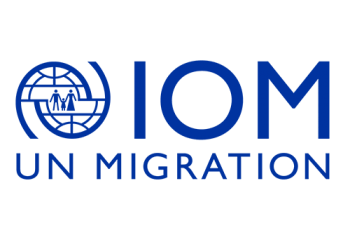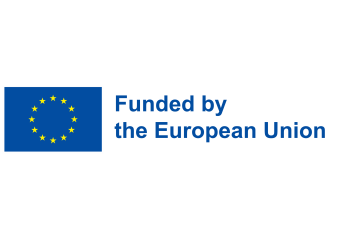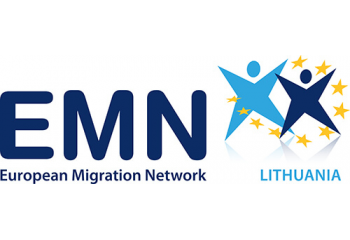News
How do civic orientation programmes contribute to the integration of third-country nationals?
Effective integration of migrants into the host society is a key challenge and a precondition to successful migration management.
Countries vary in how they implement these courses, with 14 respondent nations (AT, BE (authorities differ by region), CZ, DE, EE, ES, FI, FR, IE, LT, NL, PL, SI, SK) designating a single ministry to oversee these programmes. The ministries responsible include those overseeing internal affairs, labour, social affairs, education, and culture. Some countries, such as the Netherlands, Finland, and Sweden, have delegated significant responsibilities to municipalities.
The content of civic orientation courses centres on four core elements: understanding the social, political, and cultural realities of the host country; learning the rules, rights, and obligations within the society; promoting integration; and ensuring access to equal opportunities.
Participation in these courses can be either mandatory or voluntary, depending on national policy and the specific migrant group. In countries such as the Netherlands and France, these courses are compulsory for TCNs seeking long-term residence.
Most countries (BE, CZ, EE, EL, FR, LU, LV, PL, SE, SI, SK, RS) adjust training schedules to accommodate participants’ other commitments, such as work and childcare. In half of the responding countries (AT, BE, CY, CZ, DE, EE, EL, FI, FR, LV, NL, SE, SK), childcare services are offered, enabling parents to attend the courses. Austria and Finland provide gender-specific courses, while Germany has made provisions for participants with disabilities.
Digital methods are being increasingly adopted to provide more flexibility. For example, France and Poland have created mobile applications. Online and hybrid courses are also available in 14 responding countries (AT, BE, CZ, DE, EE, EL, ES, FI, LU, LV, NL, SE, SI, SK), expanding access to these essential programmes.
Assessing the effectiveness of civic orientation programmes has become a priority. How success is measured can vary, with 14 responding countries (BE, BG, CZ, EE, EL, ES, FR, HR, LU, NL, PL, SE, SK, RS) primarily tracking attendance. Other countries (AT, BE, DE, EE, FI, FR, NL, SE, SI) have instituted final tests to evaluate participants’ knowledge.
Countries such as Belgium, Estonia, the Netherlands, and Austria have conducted comprehensive evaluations to improve their civic orientation programmes, taking measures such as extending the duration of courses. Finland and Sweden are also reviewing their civic integration programmes to inform future policy changes.
EMN Inform (EN)



